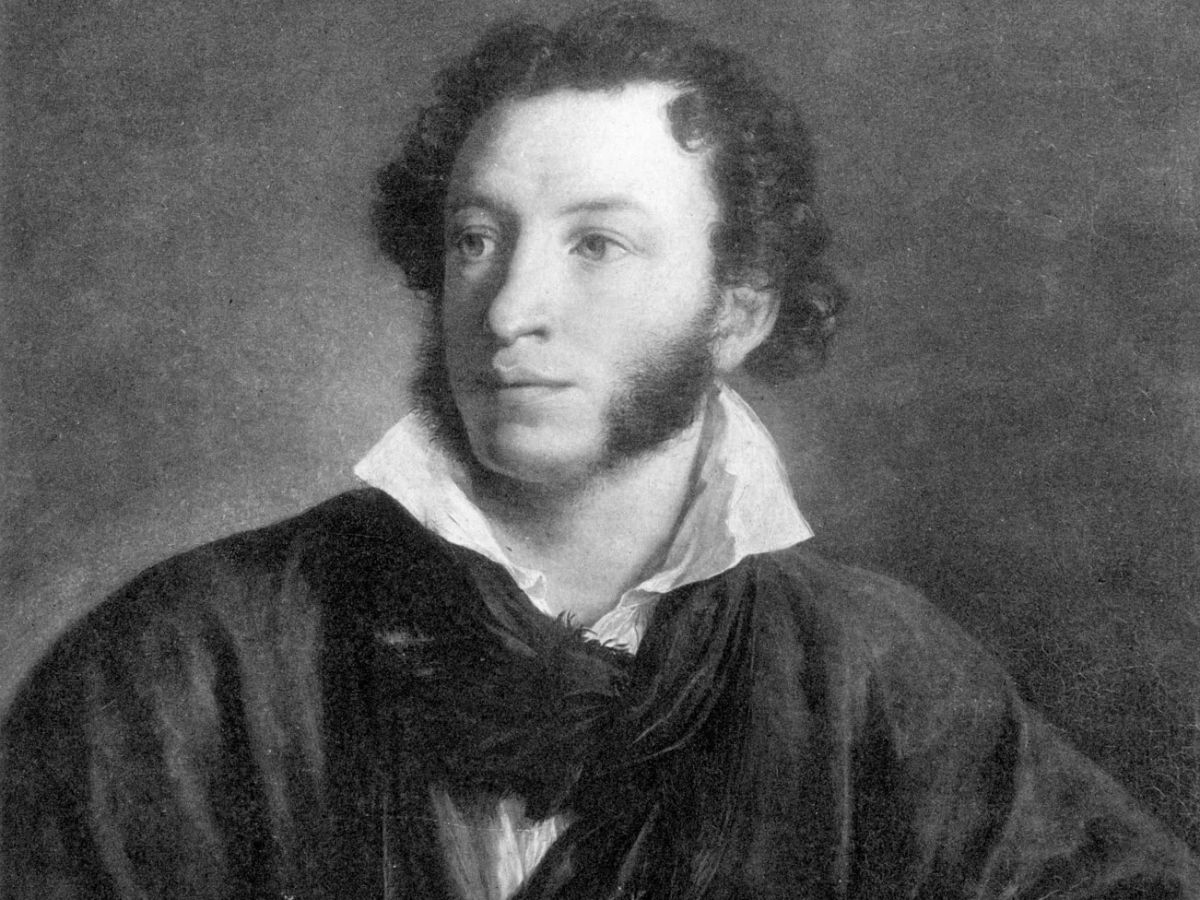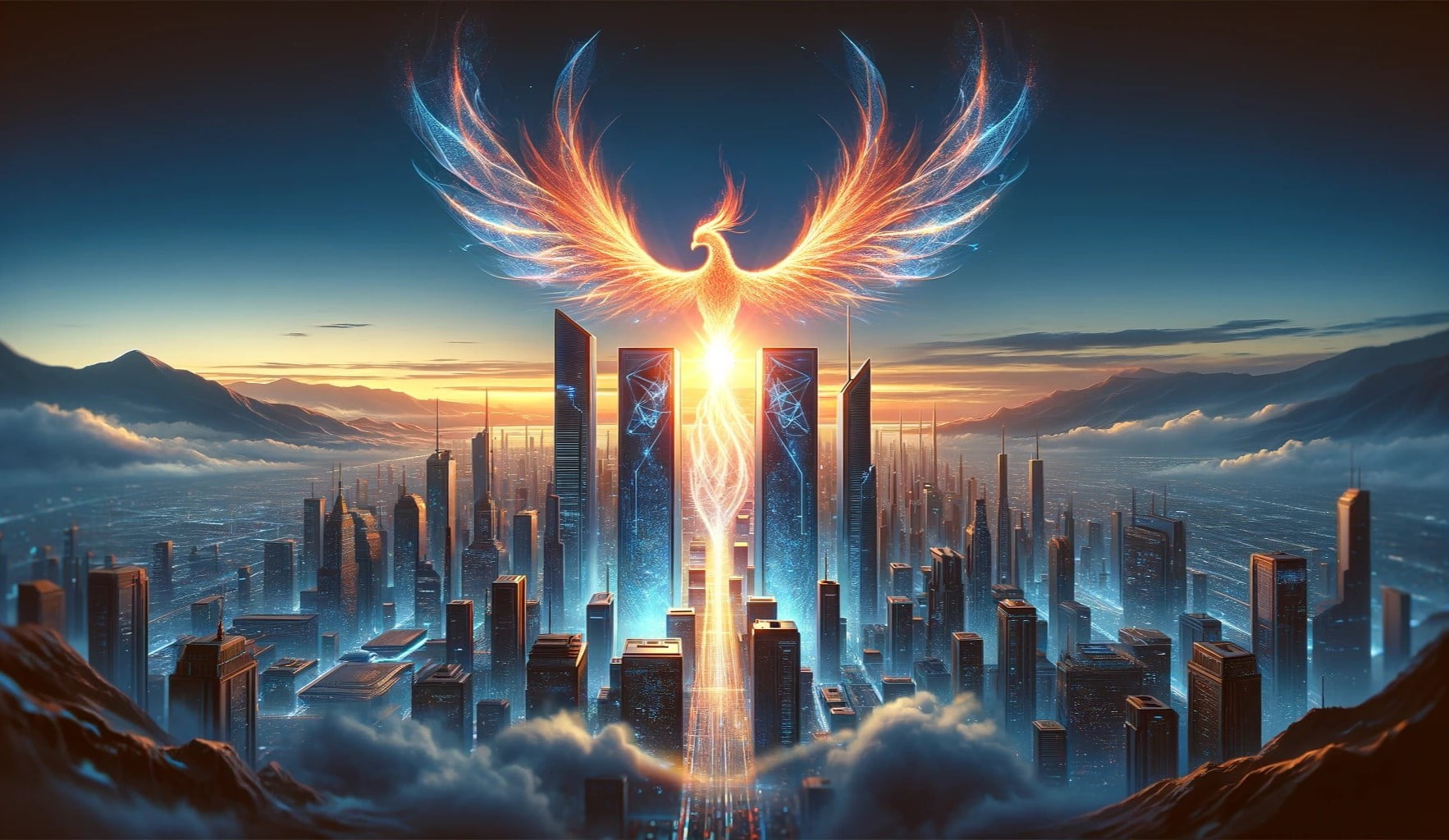
Russian literature, with its rich history and profound narratives, offers a window into the soul of a vast and complex nation. From the epic tales of ancient folklore to the introspective novels of the modern era, this literary tradition has been a cornerstone of Russian culture, influencing not only the arts within its borders but also the global literary landscape. Russian literature is renowned for its exploration of deep philosophical questions, its portrayal of the human condition, and its unflinching critique of society and politics. Whether through the tragic heroes of Dostoevsky, the intricate prose of Tolstoy, or the revolutionary ideas of Chekhov, these works have captivated readers worldwide, offering insights into the resilience, beauty, and complexity of the human spirit. As we delve into 23 fascinating facts about Russian literature, we uncover the stories behind the stories, the authors who penned them, and the historical context that shaped their creation.
The Origins of Russian Literature
Russian literature, with its rich history and profound narratives, has always been a mirror reflecting Russia's soul and societal changes. Russian literature began to significantly develop in the 11th century with religious texts, but it was in the 18th century that it started to flourish with the works of poets and novelists who introduced new literary dimensions.
- The earliest form of Russian literature was the "Primary Chronicle", a historical document compiled by monks in the 12th century.
- Alexander Pushkin, often hailed as the founder of modern Russian literature, revolutionized Russian poetry in the early 19th century with his use of vernacular speech in his works.
The Golden Age of Russian Literature
The 19th century is considered the Golden Age of Russian literature, marked by the emergence of some of the most celebrated literary figures who have influenced not only Russian culture but also the world.
- Leo Tolstoy and Fyodor Dostoevsky are towering figures of this era, with masterpieces like "War and Peace" and "Crime and Punishment," respectively.
- This period also saw the rise of Anton Chekhov, who transformed the short story genre with his unique narrative style and deep psychological insight.
The Silver Age and Soviet Era
Following the Golden Age, the Silver Age was characterized by the exploration of symbolism, mysticism, and other avant-garde themes. The Soviet era, however, brought about drastic changes with the introduction of Socialist Realism.
- Anna Akhmatova and Vladimir Mayakovsky were prominent poets of the Silver Age, known for their lyrical and revolutionary works.
- During the Soviet era, Mikhail Sholokhov received the Nobel Prize in Literature for "And Quiet Flows the Don," a testament to the complexities of Russian life during the Russian Revolution.
Post-Soviet Russian Literature
The fall of the Soviet Union in 1991 ushered in a new era for Russian literature, characterized by a diversity of themes and the emergence of new voices.
- Viktor Pelevin and Ludmila Ulitskaya are among the notable contemporary authors, exploring post-Soviet society and the Russian psyche with humor and depth.
- The Booker Prize has been awarded to Russian authors such as Lyudmila Ulitskaya and Svetlana Alexievich, highlighting the global recognition of post-Soviet Russian literature.
Russian Literature's Global Influence
Russian literature has had a profound impact on global culture, influencing a wide range of writers and artists around the world.
- Fyodor Dostoevsky's exploration of the human condition has inspired philosophers and writers, including Friedrich Nietzsche and Ernest Hemingway.
- The existential themes in Russian literature, particularly in the works of Tolstoy and Dostoevsky, have resonated with readers worldwide, contributing to its enduring legacy.
Unique Aspects of Russian Literature
Russian literature is known for its deep philosophical inquiries, complex characters, and vivid depictions of Russian life.
- It often explores themes of fate, freedom, and the search for meaning, reflecting the tumultuous history and rich cultural tapestry of Russia.
- The use of the Russian language, with its nuances and richness, adds a unique layer of depth to the literary works, making translations a challenging yet rewarding endeavor.
The Role of Women in Russian Literature
Women have played a significant role in the development of Russian literature, both as writers and as muses.
- Nadezhda Durova, best known for her memoir "The Cavalry Maiden," was one of the first female writers in Russia to gain prominence.
- The works of Marina Tsvetaeva and Anna Akhmatova have been celebrated for their lyrical intensity and emotional depth, showcasing the significant contributions of women to Russian literature.
The Future of Russian Literature
As Russian literature continues to evolve, it remains a vital part of the global literary landscape, with new authors exploring contemporary issues and traditional themes.
- The rise of digital literature and online publishing platforms has made Russian literature more accessible to a global audience.
- Contemporary Russian literature is marked by its diversity, with authors experimenting with new forms and subjects to reflect the changing dynamics of Russian society.
Russian Literature in Translation
The translation of Russian literature into other languages has opened up its treasures to a wider audience, though nuances often challenge translators.
- Constance Garnett, an English translator, played a pivotal role in introducing Russian literature to the English-speaking world in the early 20th century.
- Despite the challenges of translation, the universal themes of love, loss, and human resilience in Russian literature have transcended linguistic barriers, making it beloved by readers around the globe.
The Impact of Russian Literature on Film and Theater
Russian literature has not only influenced the literary world but also had a significant impact on film and theater.
- Many Russian novels and plays have been adapted into films and theatrical productions, bringing the stories and characters to life in new ways.
- The psychological depth and moral complexities explored in Russian literature have provided rich material for directors and playwrights, contributing to its lasting influence on the arts.
Conclusion
- Russian literature, with its rich history and profound impact on global culture, continues to fascinate and inspire readers and writers around the world.
- Its exploration of universal themes through the unique lens of Russian experience makes it a vital and enduring part of world literature.
- As Russian literature evolves, it promises to continue challenging, enlightening, and captivating audiences for generations to come.
A Final Nod to Russia's Literary Legacy
Diving deep into the heart of Russian literature reveals a rich tapestry of human emotion, political intrigue, and philosophical depth. From the epic narratives of Tolstoy and Dostoevsky to the poignant poems of Pushkin and Akhmatova, this literary tradition has shaped not just a national identity but has also left an indelible mark on world culture. As we close this chapter, remember that each book, each poem carries within it the soul of a vast, complex country and its people. Whether you're a seasoned reader or new to the wonders of Russian classics, there's always more to discover, more to unravel. So, grab a book, settle in, and let the profound words of Russia's literary giants transport you to another time, another place, where every page turns is a journey into the depths of the human experience.
Was this page helpful?
Our commitment to delivering trustworthy and engaging content is at the heart of what we do. Each fact on our site is contributed by real users like you, bringing a wealth of diverse insights and information. To ensure the highest standards of accuracy and reliability, our dedicated editors meticulously review each submission. This process guarantees that the facts we share are not only fascinating but also credible. Trust in our commitment to quality and authenticity as you explore and learn with us.


